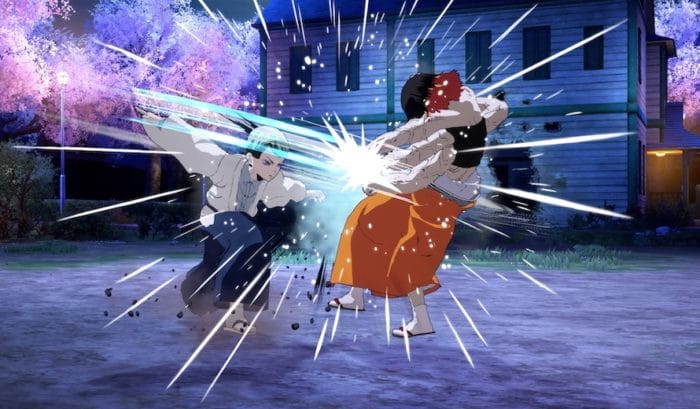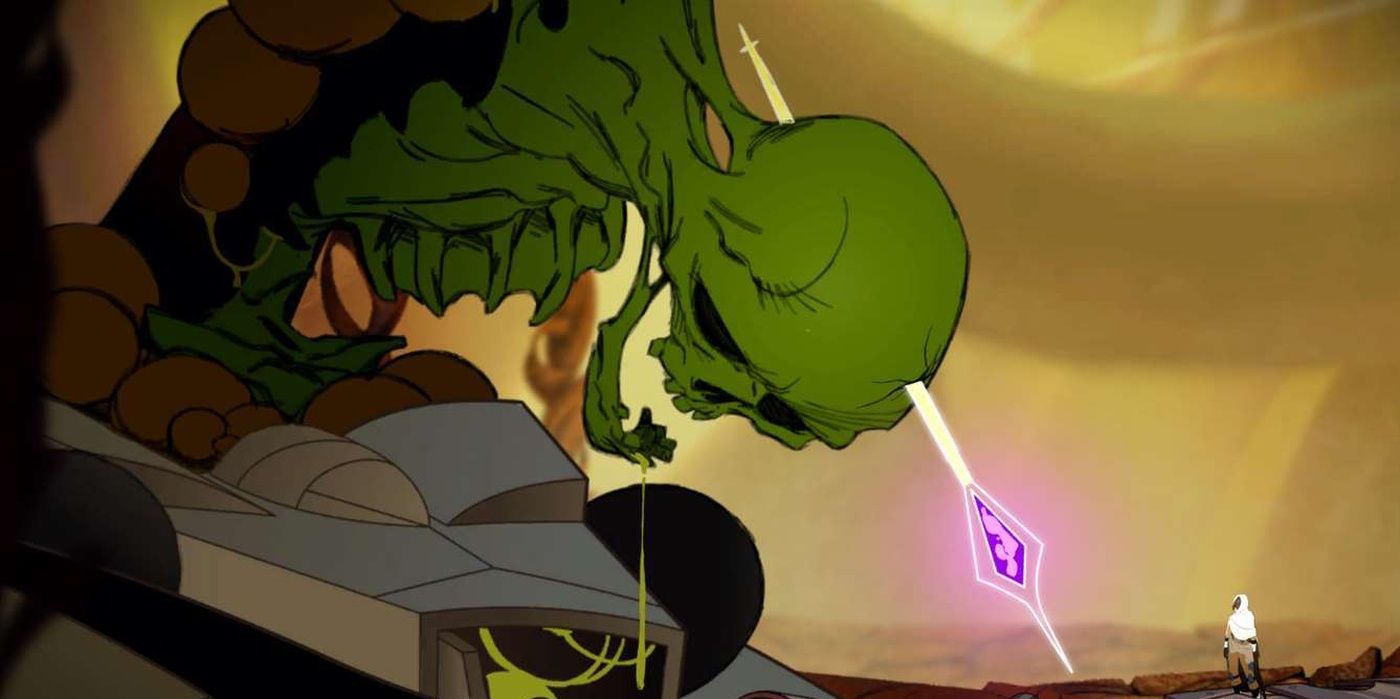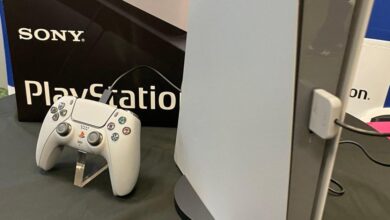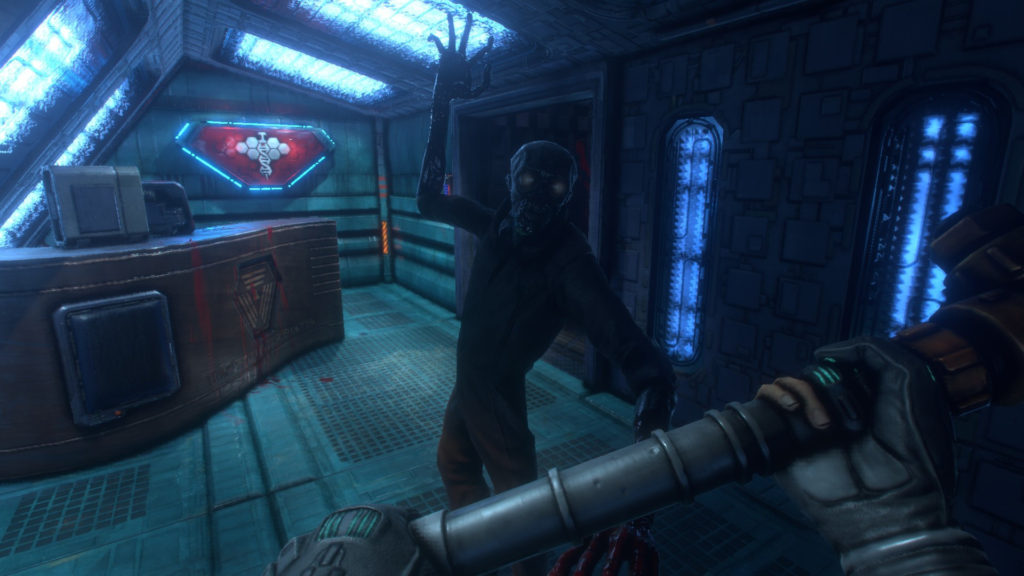
The recent story surrounding the notion of a pirate, DRM-free 'cracked' version of Resident Evil Village out-performing Capcom's launch code had me in turns fascinated and horrified. I can accept that anti-piracy measures are a necessity, and I can equally accept that their sophistication these days may have a certain level of CPU overhead. However, putting out a game that has performance issues because of the DRM crosses a red line – it's something that a developer or publisher absolutely should not do. And yet, I can confirm that Resident Evil Village on PC in its cracked form does run smoother than the flawed official release.
In fact, the compromised code addresses the two key performance issues my colleague Alex Battaglia noted in his Resident Evil Village PC tech review. Firstly, key animations during combat – enemies recoiling or lunging at you – cause noticeable split-second stutter. In the original review, we tested at 60fps, finding that the stutter could hit 66ms – four frames – but with frame-rate uncapped, I noted that the freezing could actually hit a maximum 130ms. This is a key problem because, not surprisingly, shooting zombies is a key part of this particular survival horror shooter. The second problem concerns encounters with the maidens – the daughters of Lady Dimitrescu – where their arrival in-game coincides with huge, sustained frame-time stutter. Suffice to say, none of these issues crop up in the console versions of the game.
In repeating these tests for this piece, I was struck by the fact that in the two months since Resident Evil Village PC shipped, nothing has been done by Capcom to address these obvious issues. However, I can confirm that the cracked version does just that, resolving both of these key performance trouble spots. In its NFO notes, the hacker talks about two DRM systems in play within Resident Evil Village: Denuvo, plus Capcom's own anti-piracy tech which allegedly sits within Denuvo, making it even less optimal. The notes suggests that CPU-heavy DRM countermeasures kick in with these key animations – explicitly pointing the finger at the copy protection for the game's performance problems.




